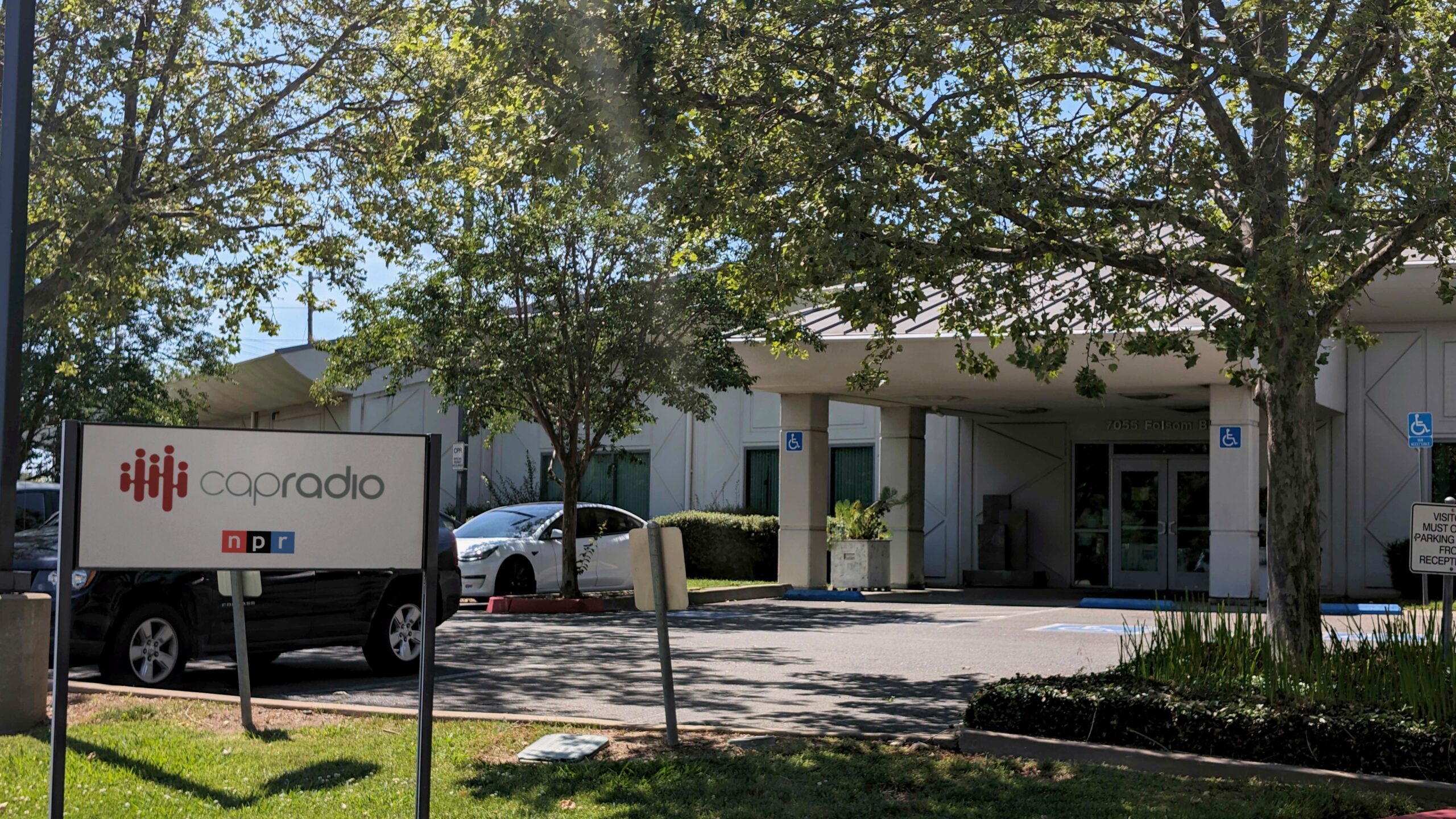Moyers commends optimism: Get up and try to be more
When Bill Moyers took the podium May 17 [2006] at PBS Showcase in Orlando, Fla., he stepped up to accept PBS’s “Be More” Award, an honor recognizing PBS contributors who inspire viewers. His acceptance speech [full text] exhorted public broadcasting itself to be more. He admitted having “optimism of the will,” which means, contrary to the grim view of his reportorial eye, he expects a positive future and gets up every day to bring it about.
Pubcasting’s leadership also gives him hope. He knew Paula Kerger at WNET, before she became PBS president. He never passed her in the hall, he said, without thinking, “The game has a future.”
Even the sorry state of U.S. media in general — they’re dupes for two corrupt parties and a host of special interests, he said — creates an opening for pubcasters to provide a clear alternative: “What an opportunity this is for us.”
In a tutorial section about public TV’s early days, Moyers recalled conversations about “what television could do for democracy” in the Johnson White House, where he served as a presidential aide. The first Carnegie Commission report, which coined the phrase “public television” and led to federal operating funds for the field, became his “other bible,” he said.
When President Johnson failed to sell the chairman of the House Ways and Means Committee, Rep. Wilbur Mills (D-Ark.), on levying an excise tax on TV sets to fund the new service, Moyers said, “it meant life on the dole for this new enterprise, and it left us vulnerable.” President Nixon was soon exploiting that weakness, and “the shock of those assaults had a lasting impact,” he said.
Courage and controversy
An excerpt from PBS Editorial Standards and Policies
PBS seeks content that provides courageous and responsible treatment of issues, and that reports and comments, with honesty and candor, on social, political, and economic tensions, disagreements, and divisions. The surest road to intellectual stagnation and social isolation is to stifle the expression of uncommon ideas; today’s dissent may be tomorrow’s orthodoxy. The ultimate task of weighing and judging information and viewpoints is, in a free and open society, the task of the audience. Therefore, PBS seeks to assure that its overall content offerings contain a broad range of opinions and points of view, including those from outside society’s existing consensus, presented in a responsible manner and consistent with the standards set forth in these Standards and Policies.
Moyers didn’t mention the recent case of former CPB Chairman Kenneth Tomlinson — who encouraged PBS programming friendly to his political party — but he did remind pubcasters of a section in PBS’s editorial guidelines that bears the headline, “Courage and Controversy” [excerpt at right]. He emphasized a specific passage that calls on pubTV to present “a broad range of points of view, including those from outside society’s existing consensus.”
“I read those guidelines from time to time when I grow faint of heart, or my knees turn weak, or my resolve falters after I’ve been attacked by people who don’t like us,” Moyers said. “Reading them, I realize again how corporate media pollutes the meaning of ‘fair and balanced’ with the pretense that two well-rehearsed sound bites by representatives of self-serving interests constitutes ‘analysis’ of the news.”
Moyers challenged public TV to “fix” its financing system — including its reliance on corporate underwriting. He described a recent underwriting spot for the National Mining Association as public TV’s betrayal of the families of miners who died in West Virginia early this year. “[H]ere we were, taking their taxes, then turning around and selling their airwaves — the public airwaves — for the purpose of propaganda. It doesn’t strike me as right … and it will bring us down if we don’t fix it.” Moyers didn’t say so in his speech, but the mining association spot aired on Washington Week, a series that has lacked sponsors.






